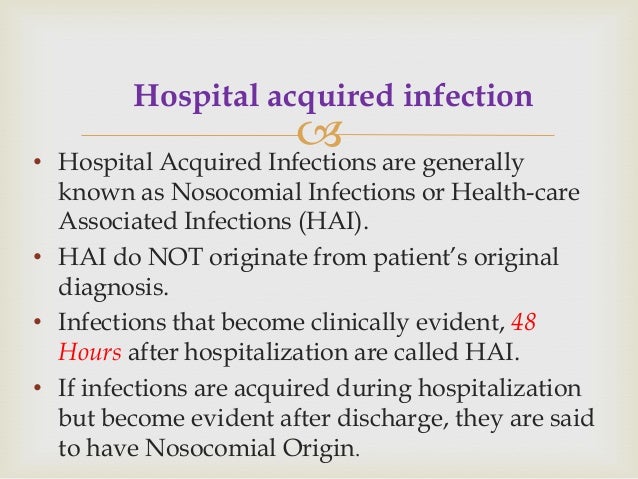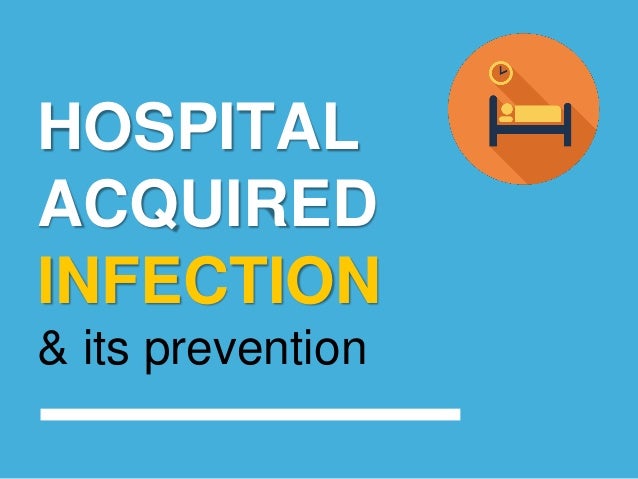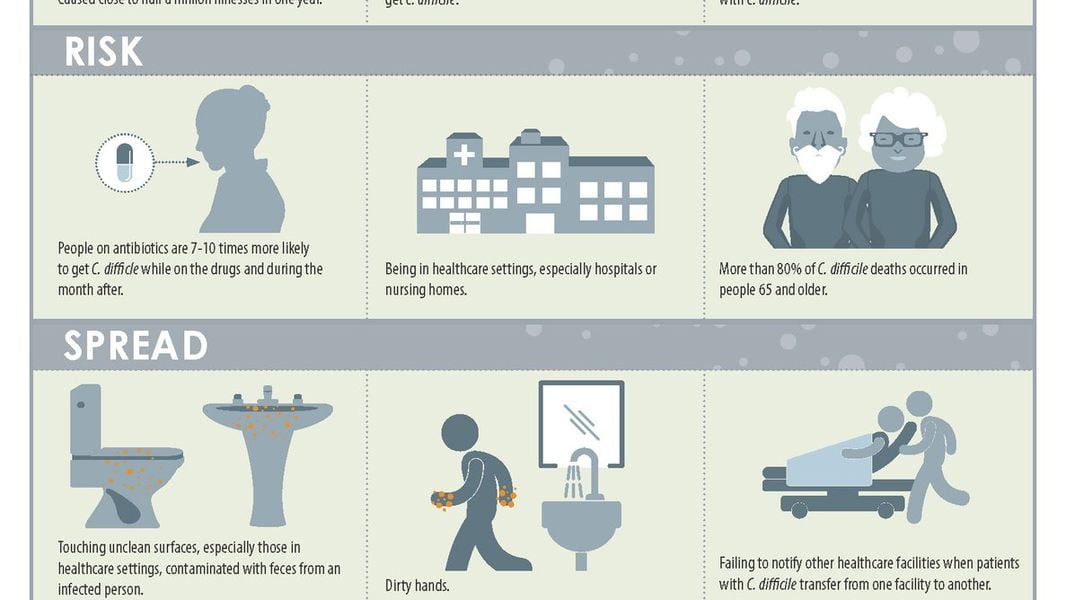Nontuberculous Mycobacteria NTM plus icon. Additional infections occur in other healthcare settings.
2 3 4 5 6 7 8 9 10 11 12 13 14 15 16 17 18 19 20 21 22 23 24 Review Hospital Infections Mean Infections Acquired In The Hospital Due To The Exposure To The Pathogen In The Hospital It Sometimes Called As Nosocomial Infections Or Hospital
An in-fection occurring in a patient in a hospital or other health care facility in whom the infection was not present or incu-.

Hospital acquired infections are called. Healthcare-associated infections HAIs are complications of healthcare and linked with high morbidity and mortality. Nosocomial infection also called hospital-acquired infection can be defined as. Tracking CRE in the United States.
Hospital patients is diagnosed with at least one infection related to hospital care alone. People now use nosocomial infections interchangeably with the terms health-care associated infections HAIs and hospital-acquired infections. Some of these micro-organisms can be found in the environment and some live normally within the body.
Each year about 1 in 25 US. People who are admitted to the hospital are at risk of acquiring an infection there. Infections are considered nosocomial if they first appear 48 hours or more after hospital admission or within 30 days after discharge.
These infections can be acquired during a stay in a healthcare facility and are treated with a combination of antibiotics. An infection acquired in hospital by a patient who was admitted for a reason other than that infection 1. An infection caught while hospitalized.
Healthcare-Acquired Infections HAIs sometimes called Healthcare-Associated Infections are infections that you get while receiving treatment at a healthcare facility like a hospital or from a healthcare professional like a doctor or nurse. Hospitals are where we usually go to get better but these largely preventable hospital-acquired infections can be fatal or risk making sick patients even sicker and chew up hospital resources. Common types of healthcare-associated infections which accounted for more than 80 of all healthcare-associated infections were pneumonia and other respiratory infections 228 urinary tract infections 172 surgical site infections 157 clinical sepsis 105 gastrointestinal infections 88 and bloodstream infections 73.
They also include infections acquired by patients in the hospital or facility but appearing after discharge and occupational infections among. Since antibiotics are frequently used within hospitals the types of bacteria and their resistance to antibiotics is different than bacteria outside of the hospital. In the United States about 4-5 of people who are hospitalized get a nosocomial infection and about 75000 of these people die each year.
Hospital-acquired infections also known as healthcare-associated infections HAI are nosocomially acquired infections that are typically not present or might be incubating at the time of admission. These infections are usually acquired after hospitalization and manifest 48 hours after admission to the hospital. Infections acquired in a hospital are also called nosocomial infections.
A hospital-acquired infection is usually one that first appears three days after a patient is admitted to a hospital or other health care facility. See also Problems Due to Hospitalization. Hospital-acquired infections also known as healthcare associated infections are complications that can occur as a result of medical treatment and are caused by micro-organisms such as bacteria and viruses.
Symptoms depend on which part. Such infections are called nosocomial infections. Hospital Acquired Infections also called Nosocomial infections are infections which are a result of treatment in a hospital or a healthcare service unit but secondary to the patients original condition.
For a HAI the infection must not be present before. Vancomycin-resistant enterococci also called VREs are enterococci that have developed resistance to several antibiotics including vancomycin an antibiotic belonging to the glycopeptide family. Hospital acquired infections HAI medically termed as nosocomial infections are infections that are acquired by patients admitted in the.
Occupationally Acquired HIVAIDS in Healthcare Personnel. Infections acquired in a hospital are called nosocomial infections. The medical term for a hospital-acquired infection is nosocomial.
Most nosocomial infections are due to bacteria. Health care-associated infections or nosocomial and hospital infections affect patients in a hospital or other health-care facility and are not present or incubating at the time of admission. Infections can occur in any part of the body.

